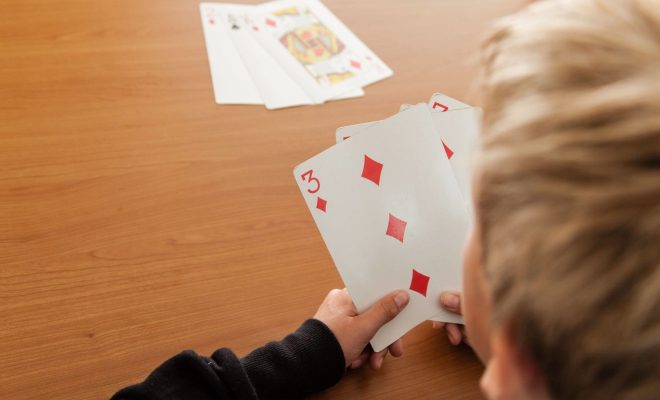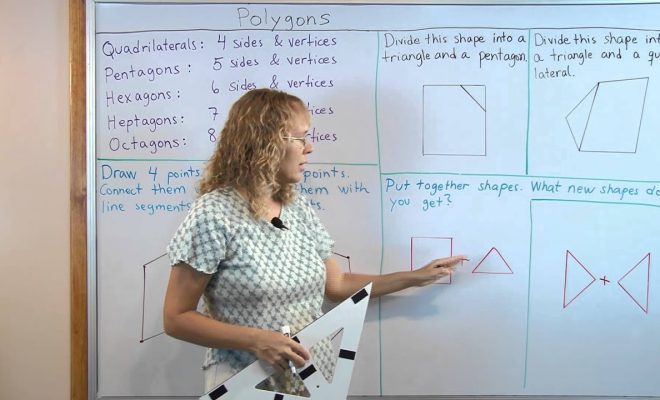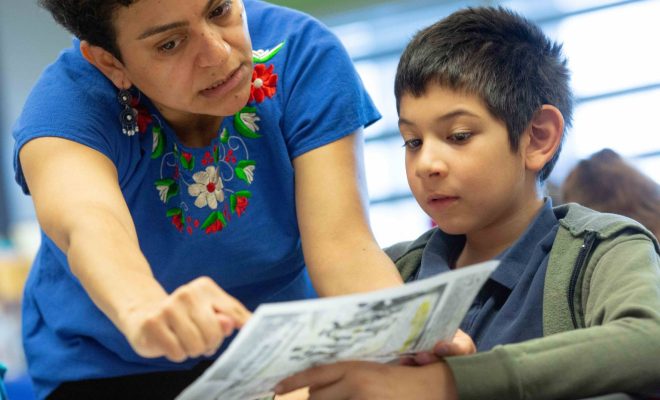20 Card Games That Will Turn Your Students Into Math Aces

Card games are not only a great way to pass the time, but they can also be an excellent tool for teaching and reinforcing mathematical concepts. By incorporating math into games, students are more likely to engage with the subject matter and develop a deeper understanding of key mathematical principles. In this article, we will explore 20 card games that are not only fun to play but will also help turn your students into math aces.
1. Number War:
This game is played similar to traditional War but with a mathematical twist. Instead of comparing the ranks of the cards, players must perform operations such as addition, subtraction, or multiplication to determine the winner of each round.
2. Fraction Snap:
In this game, players take turns flipping over cards and identifying if two fractions are equivalent. The player who correctly shouts “Snap!” first wins the round.
3. Greater Than, Less Than:
This game focuses on comparing numbers. Players draw two cards and must determine if the first card is greater than, less than, or equal to the second card. The player with the correct answer earns a point.
4. Decimal Go Fish:
Similar to the classic Go Fish game, players must collect sets of cards that add up to a specific decimal number. For example, if the target number is 0.5, players try to collect cards that add up to that value.
5. Prime or Composite:
Players draw a card and determine if the number on the card is prime or composite. This game helps students practice identifying prime numbers and understanding the concept of factors.
6. Order It Up:
In this game, players draw cards and must arrange them in ascending or descending order. This game helps reinforce number sequencing skills.
7. Skip Counting:
Players take turns counting cards by multiples of a specific number. For example, if the chosen number is 5, players count 5, 10, 15, and so on.
8. Probability Poker:
Players calculate the probability of specific hands in a game of poker. This game helps students understand the concepts of probability and chance.
9. Equation Solitaire:
This game involves drawing cards and creating equations with the numbers on the cards. Players can use addition, subtraction, multiplication, and division to create valid equations.
10. Money Match:
Players match cards with different coin values to corresponding amounts of money. This game helps reinforce counting money and making change.
11. Geometry Memory:
Players match cards with different geometric shapes and their corresponding attributes, such as number of sides or angles.
12. Place Value War:
Similar to Number War, this game focuses on comparing numbers based on their place value. Players must determine which number has the higher value based on the digits in each place.
13. Equation Rummy:
This game involves creating sets and runs of cards with matching operations or numbers. Players can use addition, subtraction, multiplication, and division to create valid equations.
14. Symmetrical Snap:
Players identify if pairs of cards have symmetrical shapes or patterns. This game helps students develop an understanding of symmetry.
15. Operations War:
Similar to Number War, players compare the results of different mathematical operations instead of the actual numbers on the cards.
16. Algebra Go Fish:
Players collect sets of cards that represent algebraic expressions or equations. This game helps reinforce algebraic concepts such as combining like terms or solving equations.
17. Fraction War:
Similar to Number War, players compare fractions to determine the winner of each round. This game helps reinforce fraction identification and comparison skills.
18. Time Bingo:
Players match cards with different times on analog or digital clocks to corresponding time values. This game helps reinforce telling time and understanding the concept of elapsed time.
19. Counting On:
This game involves counting cards by a specific number pattern, such as counting by 2s, 5s, or 10s.
20. Data Analysis Go Fish:
Players collect sets of cards that represent data sets, such as graphs or charts. This game helps reinforce data analysis and interpretation skills.
By incorporating these math-focused card games into your classroom, you can make learning math a fun and engaging experience for your students. These games not only reinforce key mathematical concepts but also encourage critical thinking, problem-solving, and collaboration. So, grab a deck of cards and get ready to turn your students into math aces!






